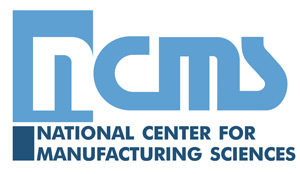Autonomous Transport
Autonomous Transport
NCMS Project #: 140844
Problem: Military installations provide an ideal test-bed for these technologies by significantly decreasing the number of uncontrollable variables that may impact the technology (relative to battlefield scenarios and public roadways) while also bounding the operational environment enabling a more thorough examination of the impact on operations and sustainment costs and benefits.
Benefit: Autonomy-enabled and connected vehicles can help ease congestion through the use of coordinated movement, elimination of panic-braking and domino effects, and can return otherwise wasted driving time to the passenger increasing productivity or rest.
Solution/Approach: Under this effort, Fort Leonard Wood is seeking to field a transit system that will support the mission and reduce operational costs through automated systems that will provide continuously operating capacity. The system will be used to routinely move soldiers between pre-designated locations on-post and the capability to support other scheduled events on base as needed.
This demonstration will provide the Army, through the Applied Robotics for Installations and Base Operations (ARIBO) program, a test bed to evaluate technology, user socialization, and operational & sustainment benefits associated with moving large numbers of soldiers with automated vehicles.
Impact on Warfighter:
- Improved safety and traffic flow
- Reduced fuel and carbon emissions
- Increased efficiency and productivity
DoD Participation:
- U.S. Army (TARDEC)
- U.S. Army (Ft. Leonard Wood)
Industry Participation:
- Robotic Research, LLC
- Missouri University of Science & Technology
- NCMS
Technology Focus Area(s):
- Cost savings
- Maintenance avoidance & reliability
- Environmental
- Maintenance management improvement
